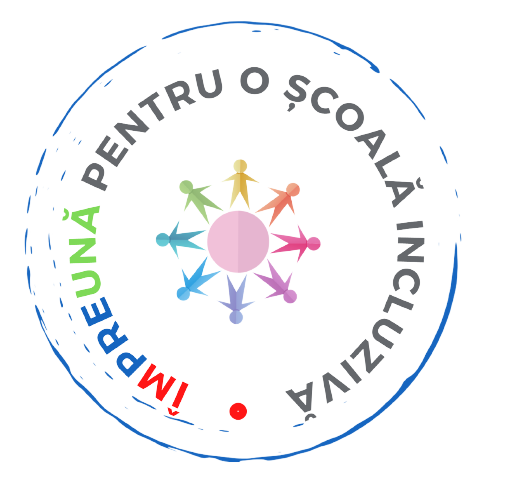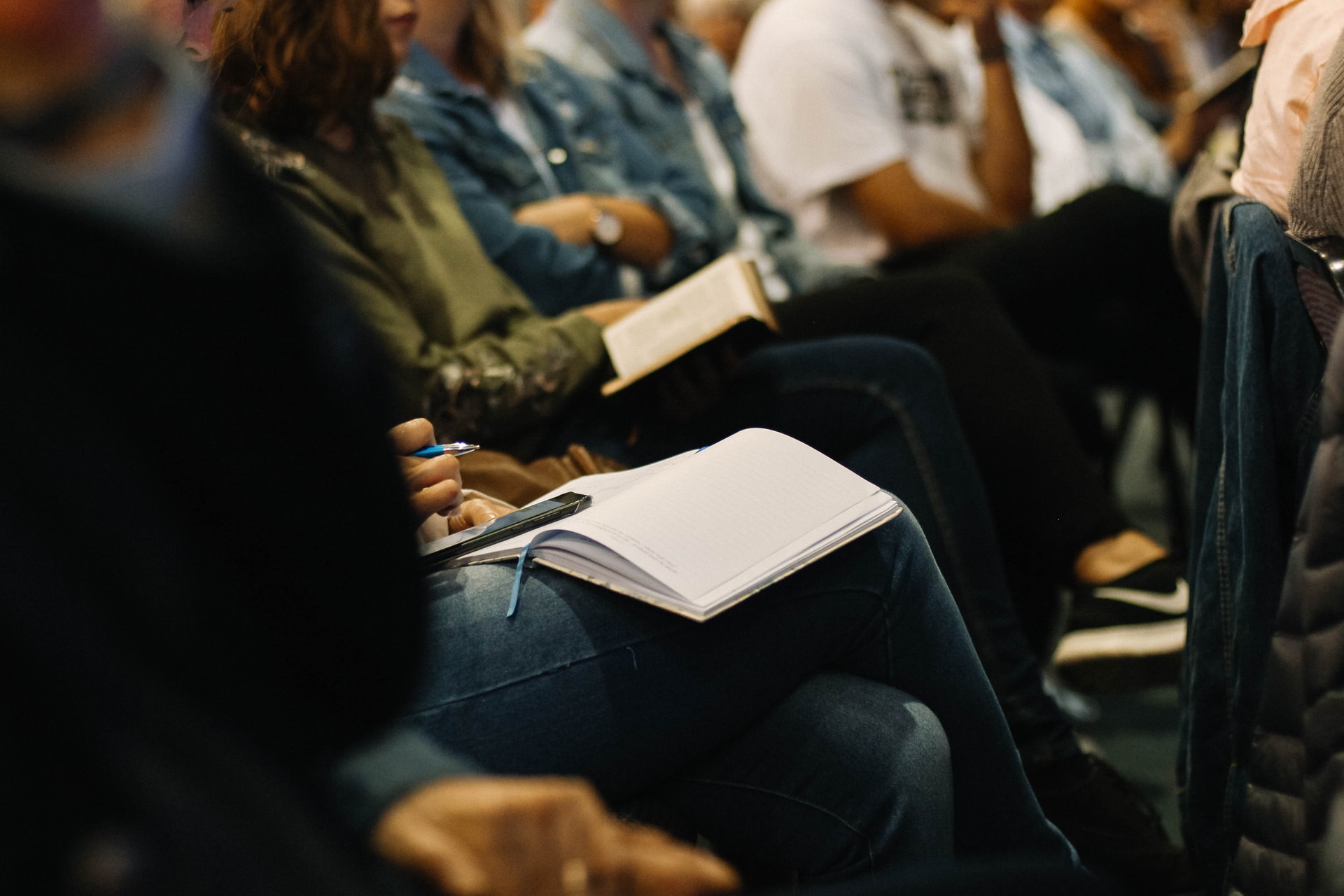
Beyond the extracurricular activities and the workshops we organized with the students, the classrooms were also occupied by parents. I visited the partner schools and, during some meetings with the parents, I talked about the project, about the activities that I have carried out with the children over time, but also about the pressures of the summer exam, about interculturality and diversity, about how . could encourage children not to drop out of school. To show them, in short, how some of our meetings with the little ones go, we put ourselves a little in their "shoes" and played together (it gives you the role of a parent). There were meetings where we set what we do not want together for the children: to build their confidence and reach their full potential.
In each of the 5 partner schools, groups of parents (Roma and non-Roma) were organized, addressing topics such as:
- Knowledge and expectations
- Self-perception and community perception
- Interculturality and diversity
- Promoting non-violence in the community
- Stereotypes and prejudices about minorities
- The Roma. History and identity
- Discrimination – what it is and how it manifests itself
- Methods to combat discrimination
- School-student-parent-community relationship
- Promoting successful local models
- Motivation for education.
Following these workshops, 150 parents were informed about the effects of discrimination.

